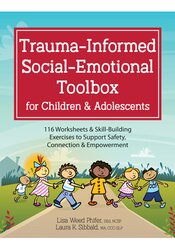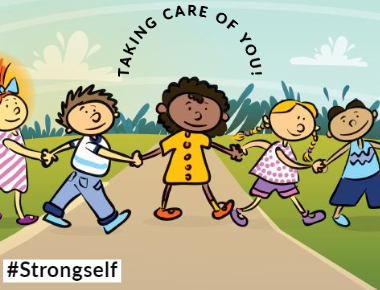Taking Care of You!
Helping Yourself and Your Clients Practice Self-Care (ideas and free worksheet)

Self-care is a majority priority right now so that we can make our feelings and responses to stress more manageable. The activities "What is Self-Care?" and "How Do You Self-Care?" have been two great ways to introduce the concept of self-care and explore a variety of ways to take care of the body and mind.
When introducing "What is Self-Care?", I have clients use their own words to describe what self-care means to them. Quite often clients share physical ways to recharge like playing a sport, deep breathing or even yoga. "What is Self-Care?" encourages clients to expand their idea of self-care to include checking in with their feelings (the good and challenging!) and ways to distract or declutter the mind.
Physical Self-Care
Emotional Self-Care
Mental Self-Care
Next, I follow this activity with "How Do You Self-Care?" as a way to explore new ideas and share preferences with others. Caregivers, clients and clinicians can join in, writing down answers to the self-care preferences; then sharing their preferences with each other and highlighting the similarities and any new ideas or activities to try. These activities are just as helpful for adults as they are for children.
Self-care strategies are necessary to help the body and mind recharge so that we can continue to handle whatever life throws at us.

Written by expert clinicians, the activities in this workbook support a foundation of social-emotional language, an increase in consistency and routine, regulation of tough emotions, and the formation of connections with others.
Inside you will find 116 easy-to-use, solution-focused activities and worksheets developed with a trauma-informed lens that promote skills such as:
- Building a sense of safety in your environment
- Fostering trust and positive regard
- Establishing healthy coping skills
- Promoting problem-solving pathways
- Developing personal empowerment, confidence and wellness
Learn more about their educational products, including upcoming live seminars, by clicking here.
Learn more about their educational products, including upcoming live seminars, by clicking here.
Topic: Children and Adolescent Behavioral | Mindfulness
Tags: Activity | Advice | How To | Kids | Self-Compassion | Self-Empathy | Self-Regulation | Therapy Tools | Tools | Meditation | Mindfulness | Mindfulness Exercises





